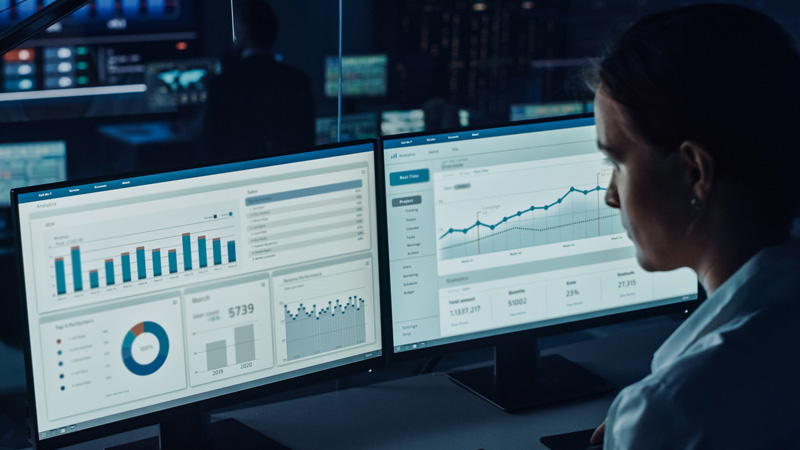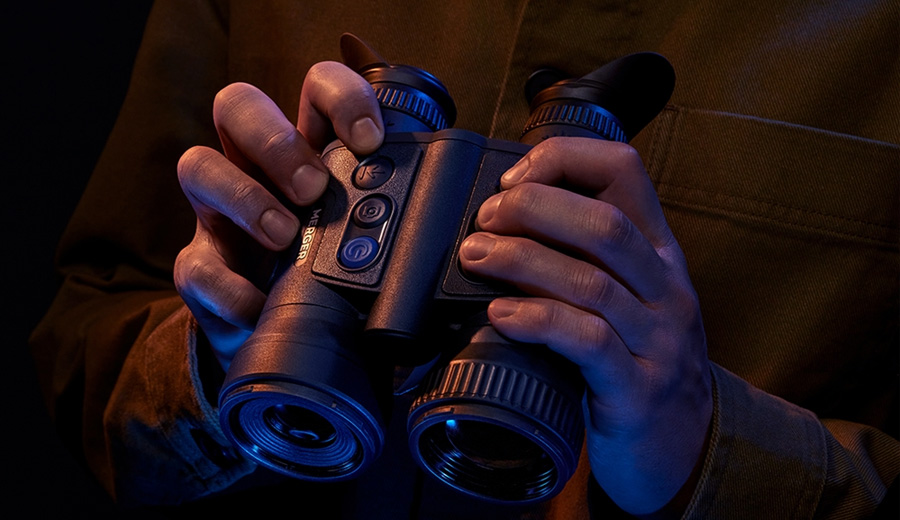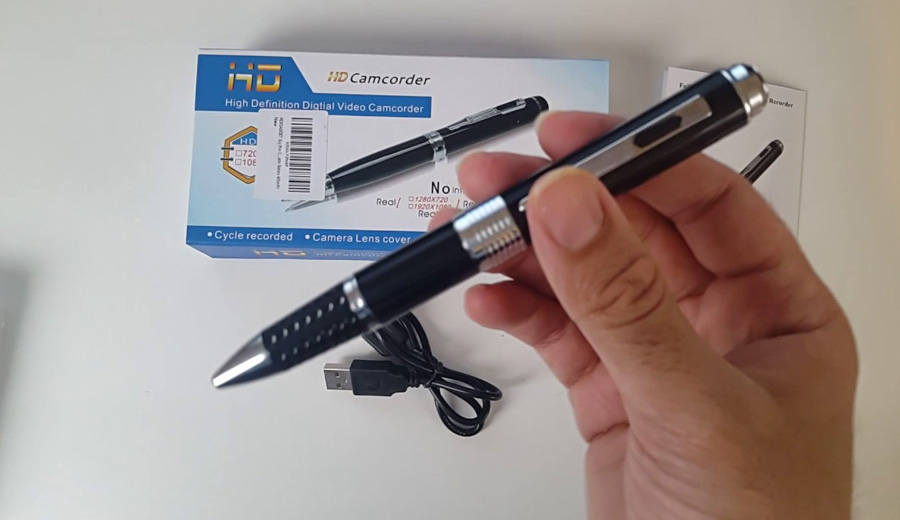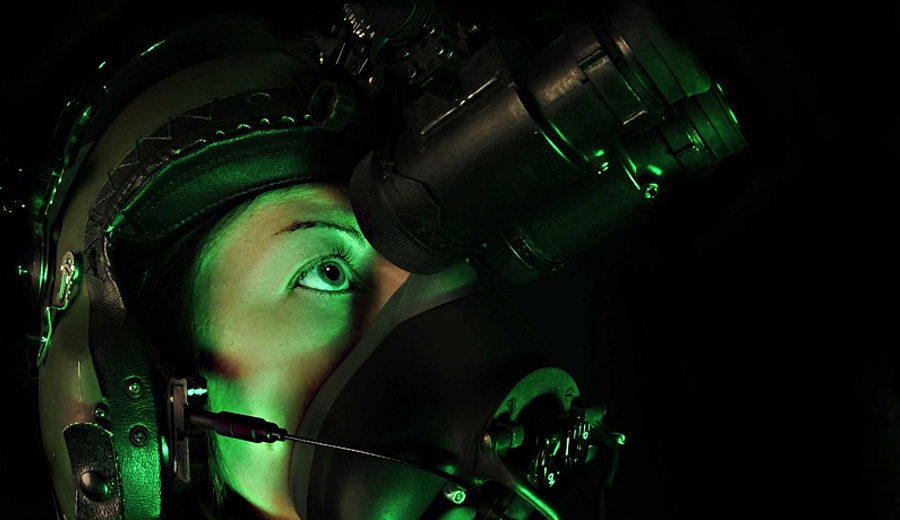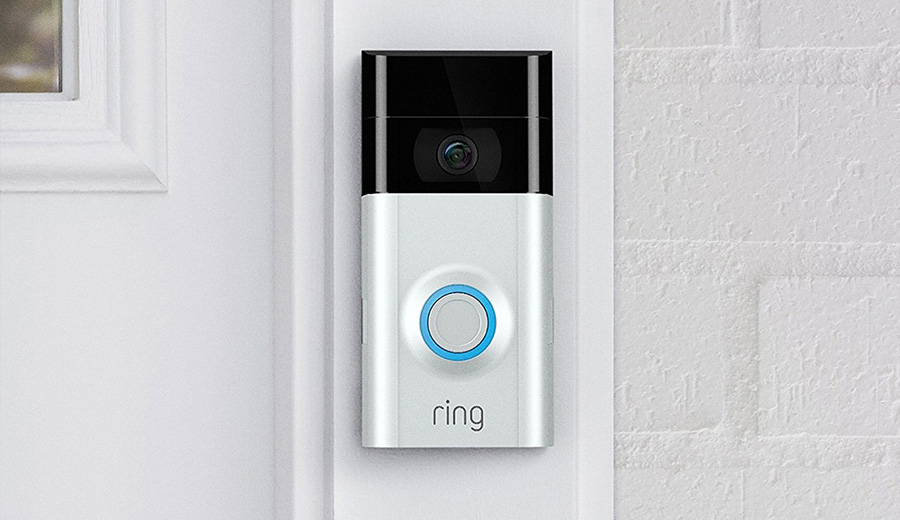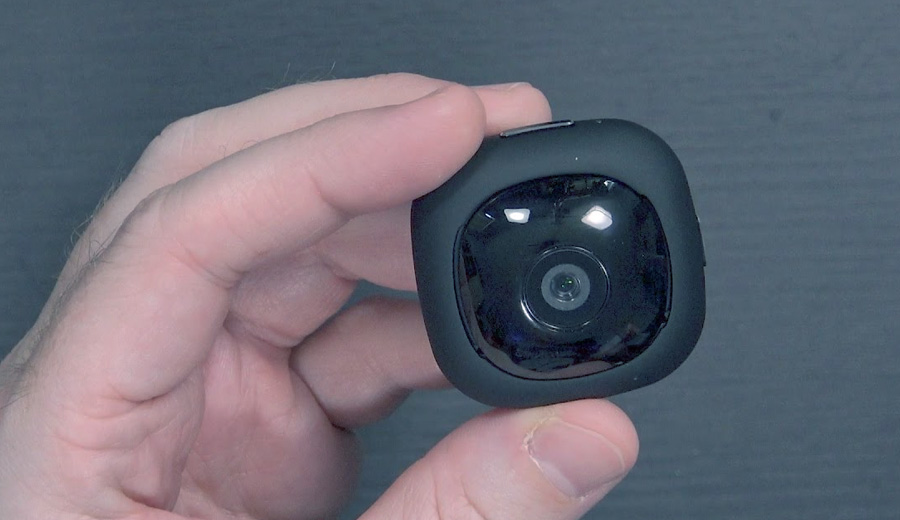Employee accountability is an important factor for any business success, especially in our fast-paced world where efficiency and productivity is the key.
Therefore, certain companies have resorted to monitoring devices in the workplace, such as spy cameras. The question arises as to why a business might need a spy camera. How it can be used to stop employees from stealing?
We’ll look into all of these aspects as well as how it pertains to trust and accountability when using spy cameras.
Why You Should Consider using Spy Cameras in Your Business
As surveillance technology progressed further, businesses have turned to spy cams as a solution to their problems.
Spy cameras serve several important purposes:
a. Security: They can discourage any potential violators from stealing company’s assets, secure costly resources, and ward off burglars. This offers extra benefit not only for the company, but also for the workers of the company.
b. Productivity: Supervising employees’ actions may help them stay concentrated at the work and reduce wasting time. It ensures enhanced productivity that eventually benefits the business and its employees.
c. Safety: Spy cameras can prevent accidents in high-risk industries by tracking workers’ compliance with safety rules.
Employee Theft
Employee theft is widespread and extremely expensive problem that touches practically all industries.
It can range from petty thefts, like stealing office supplies, to greater crimes like money embezzlement. To comprehend the nature and consequence of employee theft, we should understand why it occurs. And that’s where spy cameras come into play.
Some common forms of employee theft include:
- Petty Theft: This includes stealing small, low value items from the workplace including office supplies, snacks, and electronics amongst others. It can become a pretty big issue if done by multiple employees and does add up over time.
- Inventory Shrinkage: For instance, in retail and warehousing industries, the employees may actually under report the goods or downright steal inventory. That translates into huge losses for the company.
- Embezzlement: Embezzlement is a much more serious type of theft where company funds are stolen or misappropriated. Records relating to finances are changed or forged invoices are made. In some cases, this could mean the end of business itself.
The Impact of Corporate Theft
The impact of employee theft goes beyond just the financial aspect.
- Financial Loss: Employee theft leads to obvious direct financial losses. Small theft can also add up to a substantial amount. At times, employee theft has forced companies into insolvency.
- Eroding Trust: An employee who steals can destroy trust and morale in a workplace. It cultivates a culture where employees suspect their fellow workers and employer. Workplace trust is critical element for a healthy environment.
- Operational Disruptions: Investigations into theft incidents, implementation of security measures, response to security breach can interrupt commercial operations. It takes away resources and time meant for the core business.
- Legal and Reputation Risks: Failure to control employee theft can attract legal complications that impede normal operations of the business. On top of that, it jeopardizes your reputation. It may affect attracting and maintaining customers and investors.
Use of Spy Cameras in Prevention of Employee Theft
The use of spy cameras may be beneficial in detecting and tackling employee theft. They serve as a proactive and reactive solution to this pervasive problem.
They are discreet, which makes it hard for the workers to notice them during surveillance. Here are a few ways spy cameras help:
a. Deterrence: A criminal is likely to be discouraged by security camera that’s used overtly. Staff theft is decreased when employees know that they are being monitored.
b. Identifying Offenders: In case of theft, it is important to understand that spy cameras offer crucial evidence for business owners and law enforcement.
c. Evidence Collection: The use of spy cameras captures events in real time. It also records with time-stamps the surveillance footage and stores it for a period of time. This documentation can be instrumental in resolving disputes and conflicts.
Trust and Accountability
The case for businesses to use spy cameras is persuasive, but it is important to find the line between trust and accountability.
Proper methods of handling surveillance is crucial since it may raise an issue privacy and damage employer-employee trust. To address these issues, consider the following:
a. Transparency: If a spy camera is used, employers should make it clear and be open about its use. Inform employees that you’ve placed cameras and make them understand why they’re there.
b. Legal Compliance: The organization needs to adhere to the local, state and federal laws on surveillance. It may include getting permissions and complying with data storage and privacy policies.
c. Ethical Considerations: Companies need to set codes of conduct for usage of spy cameras, ensuring that their surveillance respects individual privacy and is ethical.
Conclusion
Spy cameras may be crucial in tackling the employee theft question. If you do have security cameras installed, but still see the loss of goods, then spy cameras and covert surveillance is your best bet.
They are used to improve security and safety as well as to increase productivity. Spy cameras serve as a potent weapon to prevent employee theft.
However, it should be balanced with the respect for privacy and ethics. Surveillance is conducted in legal manner.

